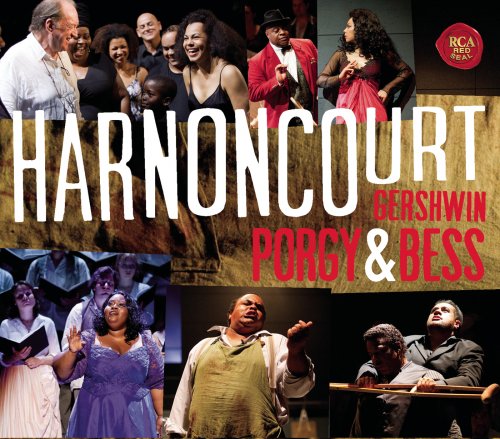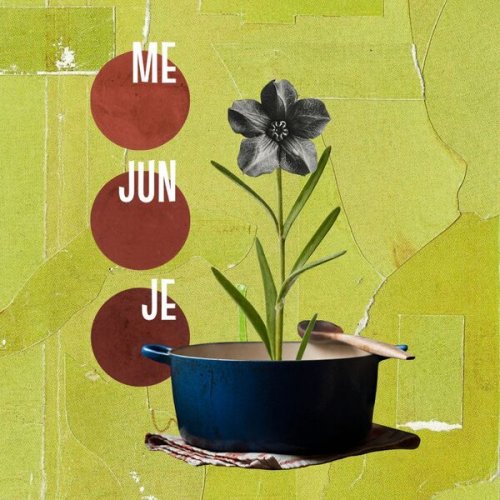Arcade Fire - The Suburbs (2010) Vinyl
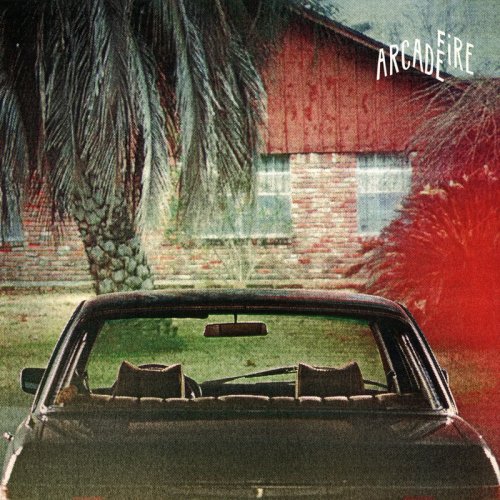
Artist: Arcade Fire
Title: The Suburbs
Year Of Release: 2010
Label: Merge Records
Genre: Indie Rock, Indie Pop
Quality: FLAC (tracks 24bit/96kHz)
Total Time: 1:03:56
Total Size: 1.38 Gb
WebSite: Album Preview
Tracklist: Title: The Suburbs
Year Of Release: 2010
Label: Merge Records
Genre: Indie Rock, Indie Pop
Quality: FLAC (tracks 24bit/96kHz)
Total Time: 1:03:56
Total Size: 1.38 Gb
WebSite: Album Preview
01. The Suburbs (5:14)
02. Ready To Start (4:15)
03. Modern Man (4:39)
04. Rococo (3:56)
05. Empty Room (2:51)
06. City With No Children (3:11)
07. Half Light I (4:15)
08. Half Light II (No Celebration) (4:25)
09. Suburban War (4:45)
10. Month Of May (3:50)
11. Wasted Hours (3:20)
12. Deep Blue (4:28)
13. We Used To Wait (5:01)
14. Sprawl I (Flatland) (2:54)
15. Sprawl II (Mountains Beyond Mountains) (5:25)
16. The Suburbs (Continued) (1:27)
Arcade Fire never aim for anything less than grand statements. That quality has played a huge role in making them very, very popular; it's also their greatest weakness. Funeral was wracked with agony and grief, but what made it one of the transcendent records of the 2000s was that it avoided easy answers. It proposed that the fight of our lives is just that, a fight, but a winnable one. But when they turned that same all-or-nothing intensity outward on Neon Bible, otherwise propulsive and elegant songs were sometimes bogged down by overblown arrangements or pedantic political statements. You'd figure an album bluntly called The Suburbs that focuses on The Way We Live might repeat some of Neon Bible's worst tendencies. Instead, it's a satisfying return to form-- proof that Arcade Fire can still make grand statements without sounding like they're carrying the weight of the world.
The metrics of The Suburbs are misleading: At 16 tracks, including interludes and multi-part songs, it might seem like Arcade Fire are shooting for their Sandinista!, Kiss Me, Kiss Me, Kiss Me, or Sign O' The Times-- a band at the peak of their powers reacting against the walls closing in by blowing everything up and trying anything. But the album actually plays out more like Bruce Springsteen's The River, a generously paced collection of meditations on familial responsibility, private disappointments, and fleeting youth, much of which takes place in moving vehicles*.* It also reintroduces much-needed levity to an act that can be overbearingly self-serious. On the deceptively chipper chamber pop of "Rococo", Win Butler borders on patronizing, evoking Nirvana's "In Bloom" and using the title word as a sword to skewer an easy target: the hipster more concerned with following trends than locating a genuine understanding in the world around him. But the point is that Butler values directness and truth, and throughout The Suburbs, what he lacks in poetry, he makes up for with honesty.
There's a tension between the uneasily resolving chords and lightfooted piano shuffle on the title track, as Butler sings in a restrained falsetto: "Sometimes I can't believe it/ I'm moving past the feeling." As The Suburbs plays out, that "feeling" is one that lived on Funeral and is dying here. The initial fantasy of Funeral was escaping the neighborhood, dancing beneath the police lights, and living on misbehavior. The Suburbs can be seen as the update decades later, with those same kids having kids of their own, and moving back to and struggling in the same neighborhoods.
The metrics of The Suburbs are misleading: At 16 tracks, including interludes and multi-part songs, it might seem like Arcade Fire are shooting for their Sandinista!, Kiss Me, Kiss Me, Kiss Me, or Sign O' The Times-- a band at the peak of their powers reacting against the walls closing in by blowing everything up and trying anything. But the album actually plays out more like Bruce Springsteen's The River, a generously paced collection of meditations on familial responsibility, private disappointments, and fleeting youth, much of which takes place in moving vehicles*.* It also reintroduces much-needed levity to an act that can be overbearingly self-serious. On the deceptively chipper chamber pop of "Rococo", Win Butler borders on patronizing, evoking Nirvana's "In Bloom" and using the title word as a sword to skewer an easy target: the hipster more concerned with following trends than locating a genuine understanding in the world around him. But the point is that Butler values directness and truth, and throughout The Suburbs, what he lacks in poetry, he makes up for with honesty.
There's a tension between the uneasily resolving chords and lightfooted piano shuffle on the title track, as Butler sings in a restrained falsetto: "Sometimes I can't believe it/ I'm moving past the feeling." As The Suburbs plays out, that "feeling" is one that lived on Funeral and is dying here. The initial fantasy of Funeral was escaping the neighborhood, dancing beneath the police lights, and living on misbehavior. The Suburbs can be seen as the update decades later, with those same kids having kids of their own, and moving back to and struggling in the same neighborhoods.
download 24bit
ISRACLOUD
ISRACLOUD
![Pasquale Cataldi - Maybe (2026) [Hi-Res] Pasquale Cataldi - Maybe (2026) [Hi-Res]](https://www.dibpic.com/uploads/posts/2026-02/1771154794_shtkhljffl929_600.jpg)
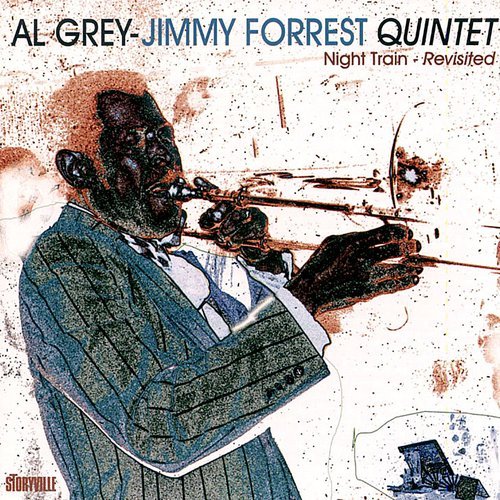
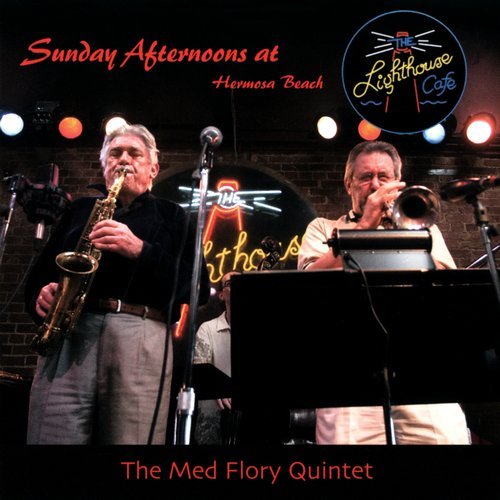
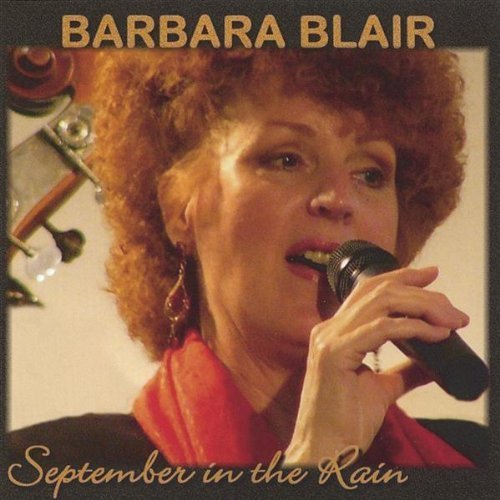
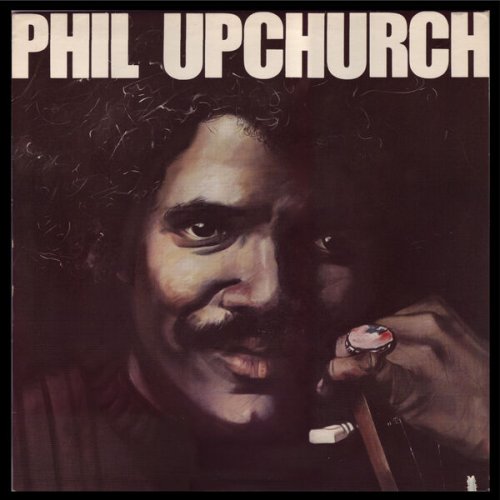
![Jon Henriksson, Pelle von Bülow, Rasmus Holm - Monkurt (2026) [Hi-Res] Jon Henriksson, Pelle von Bülow, Rasmus Holm - Monkurt (2026) [Hi-Res]](https://img.israbox.com/img/2026-02/15/ja2eavgnqk7dn4c3l9myzfk37.jpg)
![Katrine Schmidt - Wearing My Heart On My Sleeve (2026) [Hi-Res] Katrine Schmidt - Wearing My Heart On My Sleeve (2026) [Hi-Res]](https://www.dibpic.com/uploads/posts/2026-02/1771145515_ugcrf0sr2pkvk_600.jpg)
